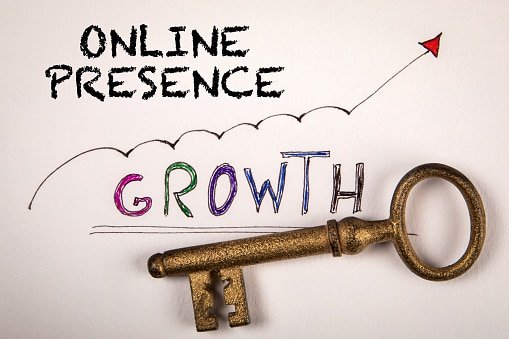Personal Reputation Management for Professionals: Boosting Career Success
In today’s hyper-connected world, personal reputation management has become a critical factor in determining the trajectory of one’s career. As professionals, we are no longer solely judged by our resumes and credentials; our online presence plays a substantial role in shaping how we are perceived by colleagues, employers, and potential clients. This blog post will delve into the importance of personal reputation management for professionals and provide actionable strategies to boost career success through effective online reputation management.
The Digital Identity: More Than Just Credentials
Gone are the days when your reputation was solely built through face-to-face interactions and word-of-mouth. With the advent of the internet, our digital footprint has become an integral part of our identity. Employers and clients often search for individuals online before making decisions, and what they find can heavily influence their perceptions.
Your digital identity includes everything from your social media profiles to your blog posts, comments, and reviews you’ve left. To enhance your career success, it’s essential to curate a positive and professional digital identity that aligns with your expertise and values.
The Impact of a Strong Online Reputation
A robust online reputation can open doors and create opportunities you might never have anticipated. Here’s how it can boost your career success:
- Building Trust: A well-maintained online presence can help establish trust and credibility. When colleagues and potential employers find valuable content and positive interactions associated with your name, they are more likely to trust your capabilities.
- Networking Opportunities: An active online presence allows you to connect with professionals in your field and beyond. Engaging in meaningful discussions, sharing insights, and collaborating on projects can expand your network and lead to exciting collaborations.
- Personal Branding: Your online reputation contributes to your personal brand. By consistently showcasing your expertise and values, you can differentiate yourself from the competition and position yourself as a thought leader.
- Career Advancement: Professionals with a positive online reputation are often considered for promotions, leadership roles, and speaking engagements. Decision-makers are more likely to select individuals with a strong digital presence.
Strategies for Effective Personal Reputation Management
- Google Yourself: Regularly search your name on search engines to see what comes up. Understand what others might find when they look you up.
- Professional Social Media Profiles: Create or update your LinkedIn profile to reflect your skills, experiences, and accomplishments accurately. LinkedIn is often the first place employers and colleagues look to learn more about you.
- Consistent Branding: Use the same professional photo and username across your social media platforms. This consistency reinforces your identity and makes you easily recognizable.
- Curate Your Content: Share valuable content related to your field of expertise. This could include articles, blog posts, videos, or even guest contributions on industry websites.
- Engage Respectfully: When engaging on social media or other online platforms, maintain a respectful and professional tone. Avoid engaging in heated arguments or controversial discussions that could harm your reputation.
- Monitor Privacy Settings: Review the privacy settings on your personal social media accounts. Make sure that personal content is visible only to friends and family.
- Respond to Feedback: Whether it’s positive or negative feedback, respond thoughtfully and professionally. Address criticism constructively and express gratitude for positive comments.
- Address Negative Content: If you come across negative content related to you, address it diplomatically. If appropriate, reach out to the content creator to discuss a resolution.
- Create a Professional Blog or Website: Establishing a personal blog or website to showcase your expertise can be a valuable asset. Regularly publish insightful content that demonstrates your knowledge.
In the digital era, personal reputation management has become synonymous with career success. A strong online reputation can elevate your credibility, create networking opportunities, and propel you towards new career heights. By curating a positive and professional digital identity, engaging strategically on social media, and consistently showcasing your expertise, you can position yourself as a respected professional in your field. Remember, your online reputation is an ongoing endeavor—invest time and effort in shaping it to achieve the career success you aspire to.



Comments are closed